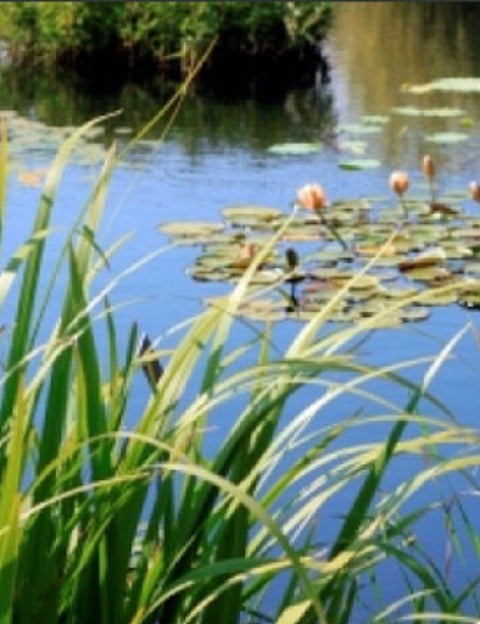Competition participants were required to design a cold-formed steel clip angle for maximum nominal shear strength per unit weight with high fabrication feasibility. This is a design challenge they could see in the workplace.
Waterloo students competing in entrepreneurship conference
Conrad School of Entrepreneurship and Business teams participating in the 2021 CCSBE Conference Student Pitch Competition have had a truly impressive showing. Of the top 20 teams, seven are from the University of Waterloo.

 fertilizer contaminants, engineering researchers from the University of Waterloo's Water Institute have found.
fertilizer contaminants, engineering researchers from the University of Waterloo's Water Institute have found.